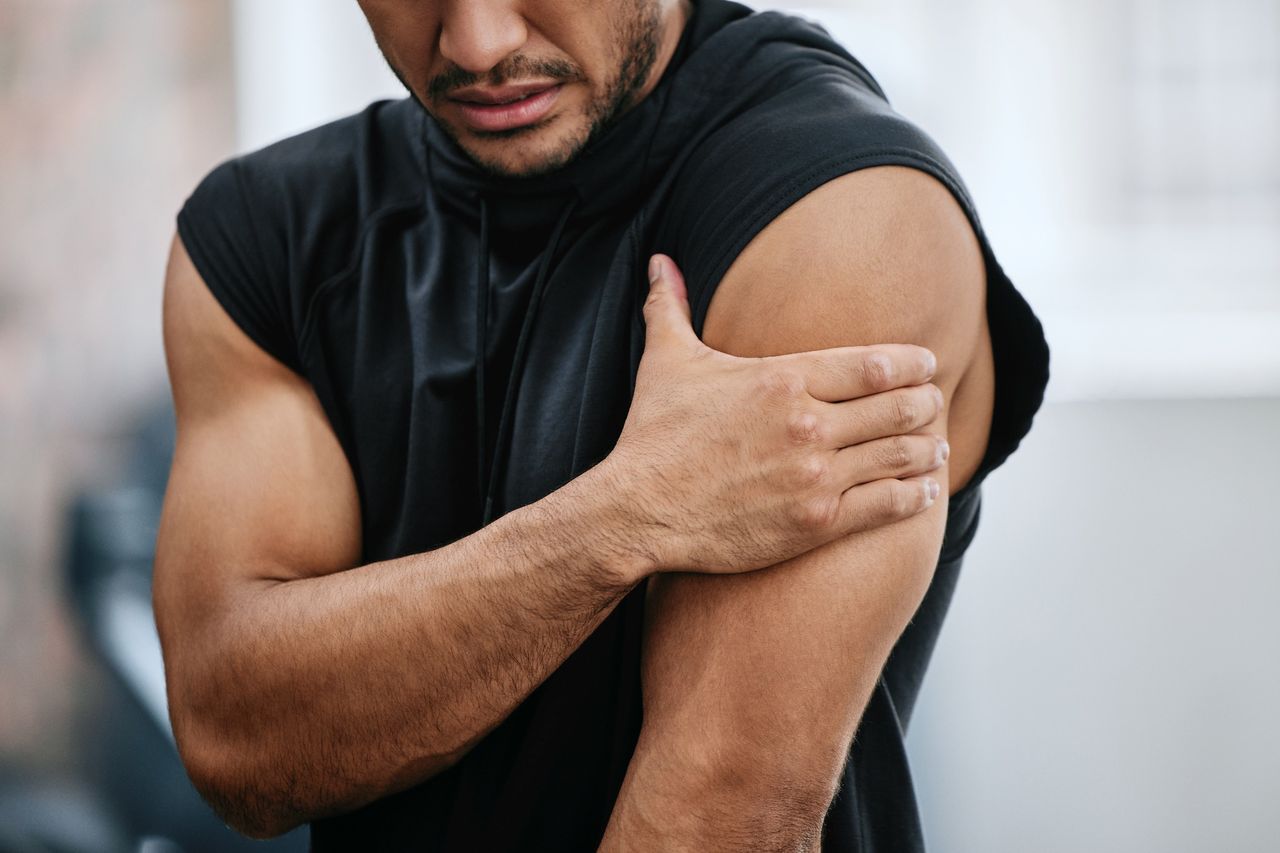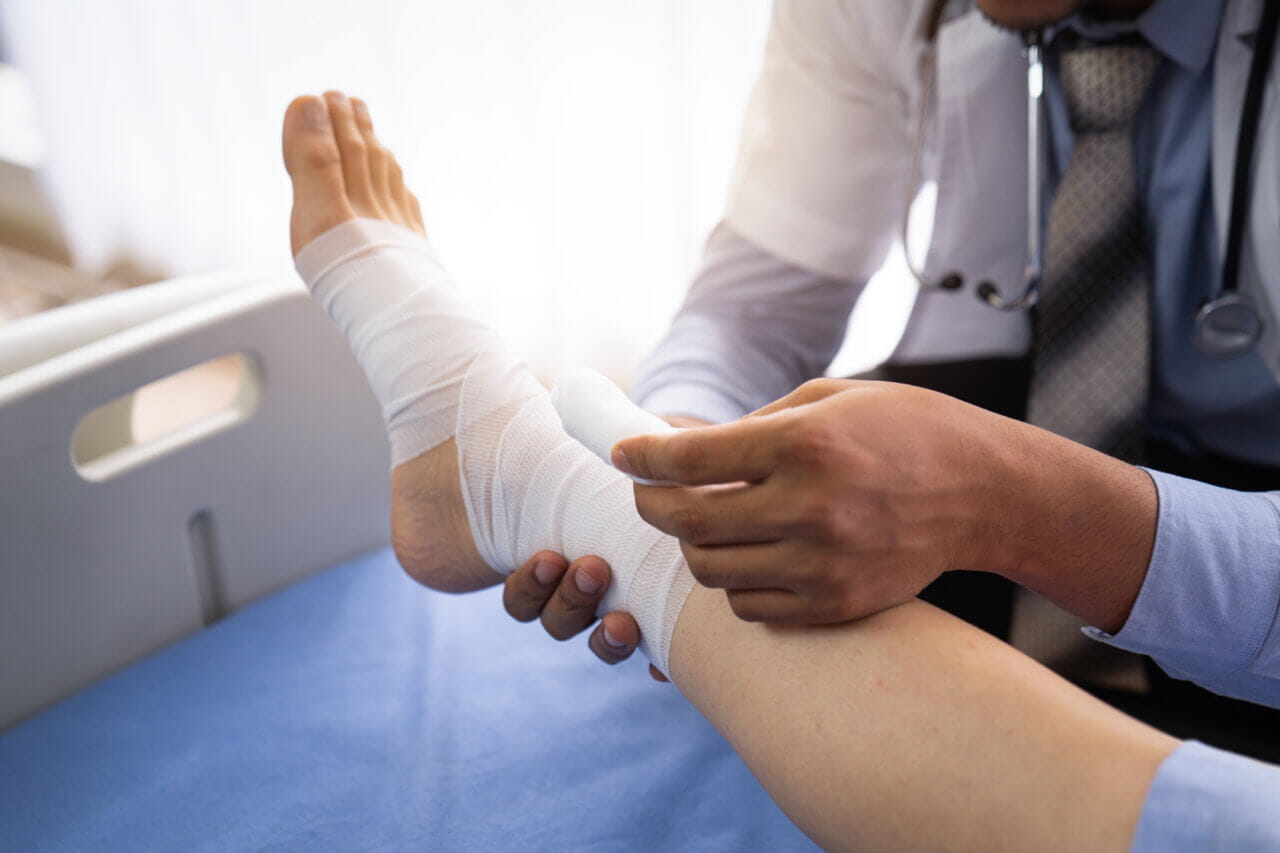Understanding Pickleball-Related Shoulder Injuries and Treatment Options

Understanding Pickleball-Related Shoulder Injuries and Treatment Options
Pickleball is a fun sport that provides an excellent workout, so it’s no surprise that its popularity is surging. Unfortunately, the incidence of pickleball-related shoulder injuries is also on the rise. That’s not due to pickleball being dangerous (it’s not) but rather a matter of human anatomy. The more you use a particular joint, the more likely you are to injure it.
The good news is that learning about common pickleball-related shoulder injuries can help you prevent them, identify them if they do occur, and treat them effectively.
4 Common Shoulder Injuries for Picklers
You’ve taken up pickleball and are playing regularly when you start to experience some pain in or around your shoulder. What’s the cause? For many players, it’s one of these four common problems:
- Rotator cuff injuries
- Shoulder impingement
- Labral tears
- Biceps tendonitis
Your rotator cuff is a group of muscles and tendons that surround the shoulder joint. They stabilize it while also allowing for a wide range of motion. Repetitive overhead motions like making shots can result in painful tendonitis (inflammation) or tears.
Shoulder impingement occurs when rotator cuff tendons or the bursa (a fluid-filled sac that cushions the shoulder joint) get compressed. The condition causes pain and reduces your range of movement, particularly with overhead movements.
The labrum is a ring of cartilage around the shoulder socket that helps stabilize the joint. Repetitive stress and acute injuries can tear this cartilage, causing pain, shoulder instability, and a clicking or popping sensation with movement.
Biceps tendonitis is inflammation of the tendon connecting the biceps muscle to the shoulder. It causes pain in the upper arm and front of the shoulder, especially when making overhead shots.
How To Treat Pickleball-Related Shoulder Injuries
You can reduce your risk of shoulder injuries by doing exercises to strengthen the shoulder and stretching before and after pickleball matches. However, issues can still occur. Major shoulder damage can require medical treatment, including physical therapy and potentially surgery.
Minor injuries are more common and often can be treated at home. RICE (rest, ice, compression, elevation) is a common approach for many soft-tissue injuries and can help reduce swelling and pain.
Over-the-counter pain relievers can also be helpful. Nonsteroidal anti-inflammatory drugs (NSAIDs) like ibuprofen (Advil, Motrin) and naproxen sodium (Aleve) can help manage pain and reduce swelling.
As you return to play, it’s a good idea to do so gradually. Keeping the frequency and intensity of your play below your pre-injury levels initially enables you to see how your shoulder responds. If the symptoms return, you might need to continue home treatment or contact your healthcare provider to ask about other options.
Talk With Your Provider About Pickleball and Shoulder Injuries
If pickleball leaves you with a sore or stiff shoulder and your condition doesn’t improve with RICE and over-the-counter medications, contact your healthcare provider. They can do a physical exam and order imaging tests if needed to determine if you have a tear or other shoulder damage and prescribe the appropriate treatment.
Don’t have a Baptist Health provider? Use our online provider directory to find one.
Wondering about your joint health? Take our free Orthopedic Health Risk Assessment to learn more and get personalized recommendations.
Next Steps and Helpful Resources
Learn About Orthopedic Care at Baptist Health
Preventing Overuse Injuries in Pickleball
Top Orthopedic Concerns for Pickleball Players and How to Treat Them
How Pickleball Helps Improve Balance in Seniors


